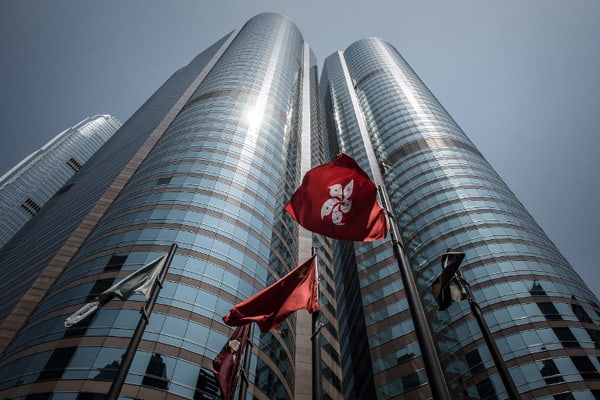
Asian markets traded mixed on Monday, as investors digested the softer close on Wall Street and geopolitical tensions on the back of U.S.-led airstrikes on Syria last week.
Japan’s Nikkei 225 rose 0.21 percent as the broader Topix added 0.11 percent. The financials sector was weaker on the whole, while pharmaceuticals and precision machinery stocks contributed to overall gains.
In South Korea, the benchmark Kospi gave up early gains to slip 0.02 percent. Technology shares were a mixed picture, with Samsung Electronics gaining 1.08 percent, as were manufacturing stocks.
Meanwhile, Australia’s S&P/ASX 200 tacked on 0.4 percent, with materials and energy stocks among the top-performers.
Greater China markets, however, were under pressure in morning trade. Hong Kong’s Hang Seng Index slid 0.77 percent. On the mainland, the Shanghai composite and Shenzhen composite edged down by 0.58 percent and 0.31 percent, respectively.
U.S. stock index futures were trading higher during early Asia hours. As of 8:14 p.m. ET, the implied open for Dow futures was up around 159 points. S&P 500 and Nasdaq futures were also in the green.
Markets were calm, for the most part, following U.S.-led precision missile strikes in Syria on Friday U.S. time. The strikes, carried out in conjunction with the U.K. and France, were intended to serve as a deterrent against chemical weapons.
The airstrikes on Friday “have thus far drawn only verbal condemnation from Russia … with Russia’s prediction of ‘global chaos’ if the West hits Syria again not filling markets with fresh dread, at least judging from the limited foreign exchange market movements evident in the first two hours of the new trading week,” Ray Attrill, head of foreign exchange strategy at National Australia Bank, said in a note.
Against the yen, the dollar steady at 107.37 at 9:36 a.m. HK/SIN.
Tensions related to a trade spat between the U.S. and China, the world’s two largest economies, appeared to fade after dominating headlines in recent weeks.
“[T]here is some evidence that both sides have somewhat backed down slightly after [Chinese President] Xi [Jinping] championed free trade at Boao Forum and Trump expressed optimism that a trade deal might eventually be agreed,” Zhu Huani, an economist at Mizuho Bank, said in a note.
Still, trade-related issues were unlikely to be far from investors’ minds after a report from The Wall Street Journal last week that Trump was threatening to block Chinese tech investment in the U.S.
Stocks stateside had declined on Friday, weighed down by bank earnings. Results released last week by Citigroup, Wells Fargo and J.P. Morgan Chase surpassed analyst expectations, and traded higher before falling as markets had already priced in the strong results.
On the commodities front, both U.S. West Texas Intermediate and Brent crude declined after recording their best week since July on Friday.
U.S. crude futures lost 0.86 percent to trade at $66.81 per barrel after rising more than 8 percent last week. Brent crude futures were lower by 0.99 percent at $71.86.
The dollar index, which tracks the U.S. currency against six major peers, stood at 89.750.
